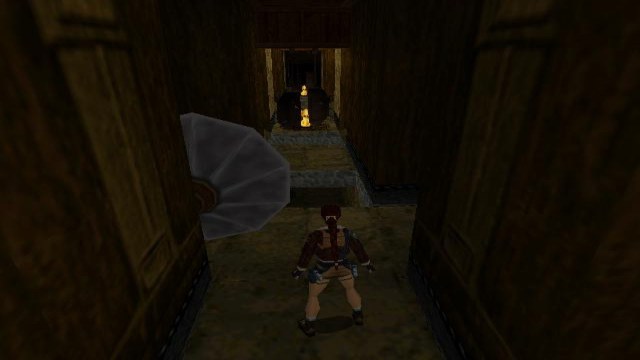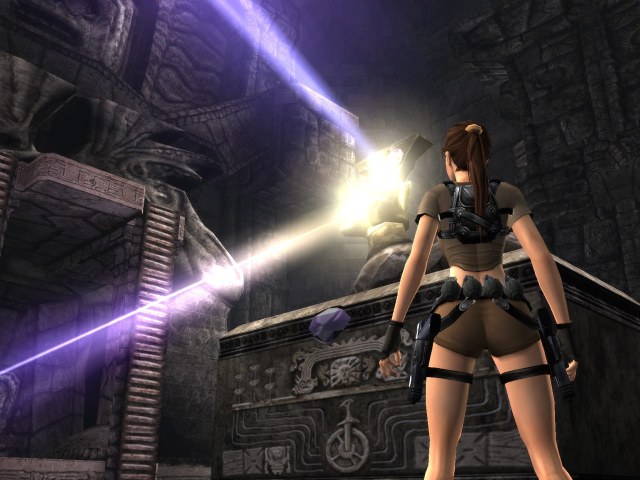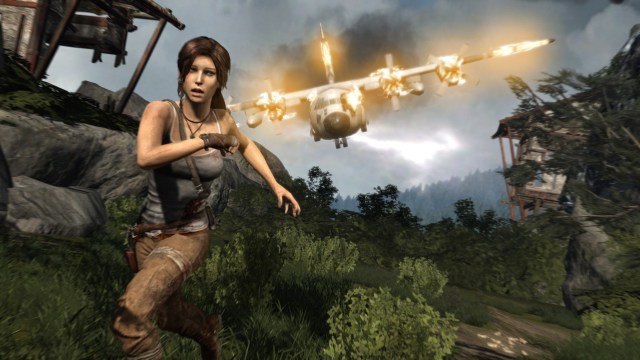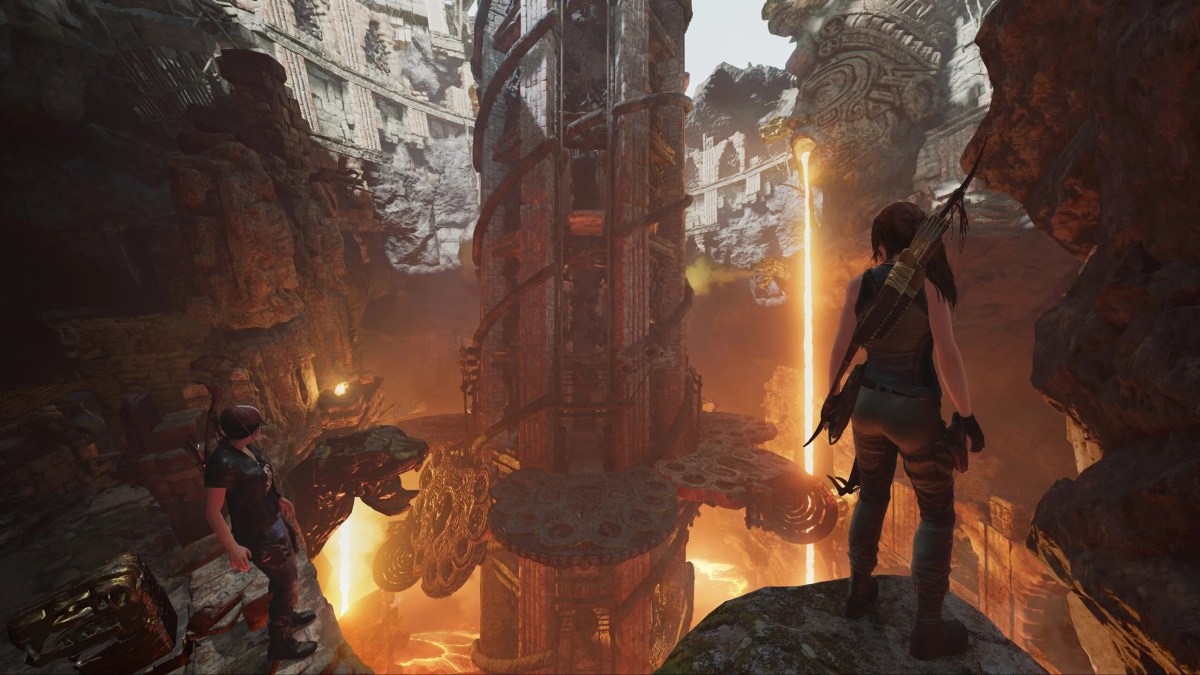Well, there’s three separate orders!
The Tomb Raider series has had a pretty crazy run. When it started off in 1996 on the original PlayStation, at no point did I think “I’ll still be playing these over two decades later.” I don’t think Eidos had any idea of what to do with the franchise either, which is why there’s actually three core continuities.
Let’s make sense of the core games (sans numerous spinoffs), so you can get the full Tomb Raider experience. Note that most of these are on Steam!

The original 1996 continuity
This is the franchise that started it all! Although various games are tough to find on legacy platforms, several of them have been remade.
Tomb Raider
Tomb Raider sparked an empire, and not many people saw it coming. Although this one is definitely clunky on its original platform, it’s also been fully recreated via Anniversary.
Tomb Raider 2
If you play any game on this list, try and give Tomb Raider 2 a go. It’s the entry that sparked my love for the franchise, complete with the Lara Croft mansion to muck around in as you get acquainted with the control scheme.
Tomb Raider 3
Although it further built on the legacy of its predecessors, Tomb Raider 3 was where the series started to show more blemishes, as the development team attempted to expand the franchise to mixed results (mostly the samey and barren locales).
The Last Revelation
The momentum of the Tomb Raider series started to stall further here, with this decent but not especially memorable entry.
Tomb Raider Chronicles
Things took a worse turn by the time Eidos got to Tomb Raider Chronicles, complete with the cynical corporate move to bring Lara back from the dead to keep selling games.
The Angel of Darkness
Some of you may have heard of Angel of Darkness as the game that killed Tomb Raider, and it did, for a while! Plagued with issues behind the scenes, everything came to a head when the game actually came out and didn’t meet the expectations of fans and spectators alike.

The Legend trilogy (the first reboot)
After Angel of Darkness generally bombed, the series was retooled and rebooted entirely with Legend, in 2006. This wouldn’t be the first reboot, as we’d find out nearly a decade later.
Legend
Out of the ashes came Tomb Raider: Legend, which brought Lara back into the forefront with a new adventure.
Anniversary
To get started in this micro-trilogy, all you need to do is pick up Legend and Underworld, as Anniversary is technically just a remake of the original game.
Underworld
Sometimes IP can come into the fold at a bad time, and this is right around when Square Enix picked up Eidos Interactive as part of their portfolio. Thus, this subseries ended, and became a trilogy.

The Survivor trilogy (the modern reboot)
We’re finally in the modern era. Yes, modern era…in 2013…which was nearly 10 years ago.
Tomb Raider
Crystal Dynamics came back with a vengeance with this grittier reboot, which focused on moments of brutality in Lara Croft’s rise to become the Tomb Raider hero we all know.
As part of numerous sales over the years this one is easily accessible, and is a great barometer for whether or not you’ll be able to enjoy the next two games in the series.
Rise of the Tomb Raider
Building on the foundation of the prior entry, Rise of the Tomb Raider is a direct continuation with some minor elements of feedback incorporated.
It’s largely the same open world experience, with all the good and bad that comes from that.
Shadow of the Tomb Raider
The latest core entry as of 2018, Shadow of the Tomb Raider deals with yet another world-threatening event and the open sandbox format. It’s after this game that Eidos decided to push pause on the series, with an unknown future ahead.





Published: Nov 3, 2022 09:43 am